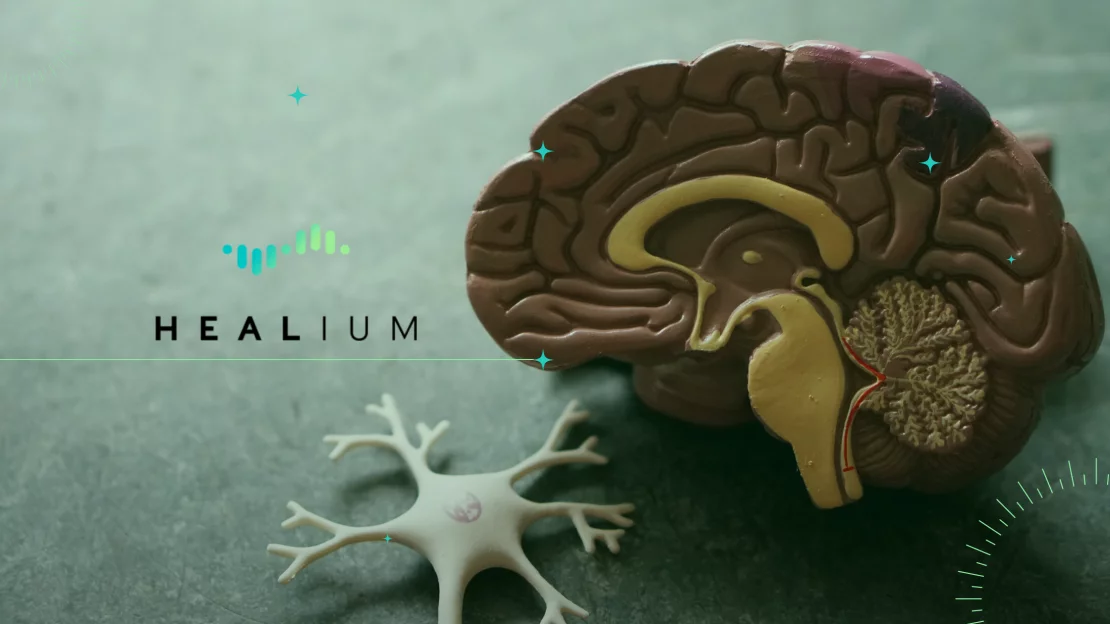Exploring How Slumber Disorders Disrupt Brainwave Activity and Impact Cognitive Function
Exploring How Slumber Disorders Disrupt Brainwave Activity and Impact Cognitive Function
Blog Article
Sleep is an essential part of our everyday lives, enabling our physical selves and minds to rest and recover. However, many individuals suffer from sleep disorders, which can significantly disturb slumber patterns. These disorders can lead to various issues, including changes in brainwave activity. Brainwaves are electronic impulses in the brain that reflect our mental state and function. When slumber is interrupted, the normal patterns of brainwaves can be impacted, resulting to problems with mental function, such as recall, attention, and judgment.
There are various types of slumber disorders, including insomnia, sleep apnea, and unsettled leg syndrome. Insomnia is defined by difficulty falling or remaining asleep, while slumber apnea involves pauses in breathing during slumber. Restless leg syndrome induces uncomfortable sensations in the limbs, resulting to an irresistible desire to move them. Each of these disorders can disturb the natural sleep cycle, which comprises of different stages, including shallow sleep, deep sleep, and REM (rapid eye movement) slumber. Each stage plays a vital role in maintaining overall cognitive health and function.
When slumber disorders interfere with these stages, neural wave activity can become irregular. For instance, during deep sleep, the mind generates slow delta waves, which are essential for physical restoration and recall consolidation. If a person undergoes repeated awakenings or does not reach profound sleep, the generation of these delta waves is reduced. This can result to difficulties in acquiring new information and retaining memories. Additionally, REM sleep, which is associated with dreaming and affective processing, is also affected. Interruptions in REM sleep can result to problems with affective regulation and inventiveness.
The impact of slumber disorders on cognitive function is substantial. Research has shown that people with sleep disorders often experience challenges with focus and concentration. This can affect their capability at school or work, making it difficult to complete tasks or engage in discussions. Furthermore, long-term sleep deprivation can result to mood changes, increased stress, and even anxiety or melancholy. These mental and emotional challenges can create a cycle, where inadequate sleep leads to cognitive difficulties, which in turn can result to more sleep problems.
Tackling slumber disorders is discover here essential for enhancing brainwave activity and mental function. Treatment options may include habitual changes, such as establishing a consistent slumber schedule, establishing a comfortable slumber environment, and practicing relaxation techniques. In some cases, medical intervention may be required, such as using a CPAP machine for sleep apnea or pharmaceuticals for insomnia. By prioritizing slumber and seeking appropriate treatment, people can enhance their overall cognitive abilities and boost their quality of life. Understanding the relationship between sleep disorders, brainwave activity, and mental function is an important step toward better health and wellness.